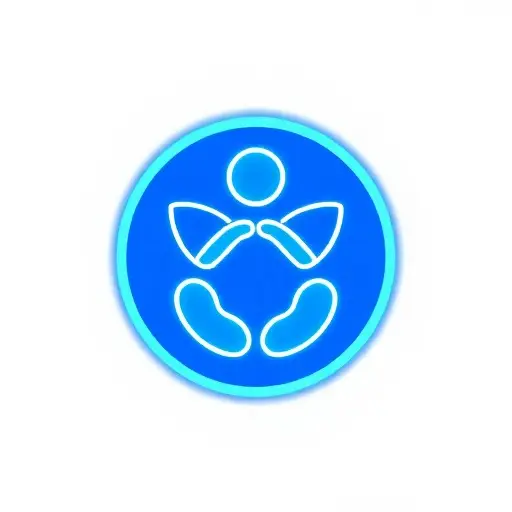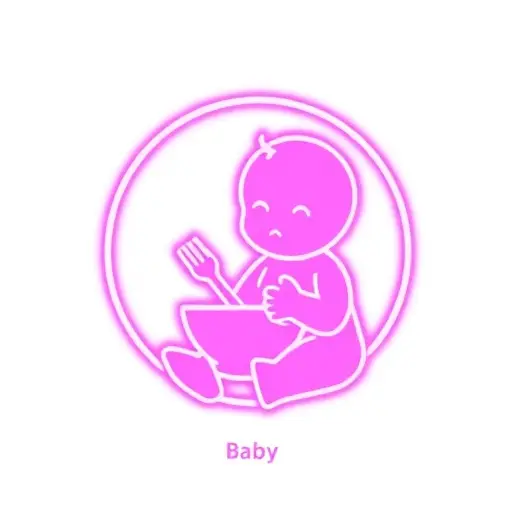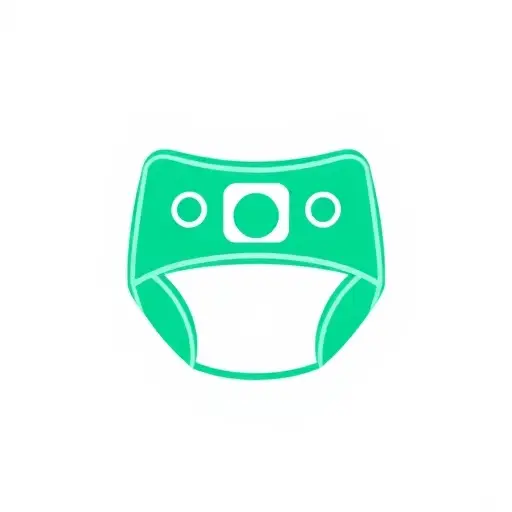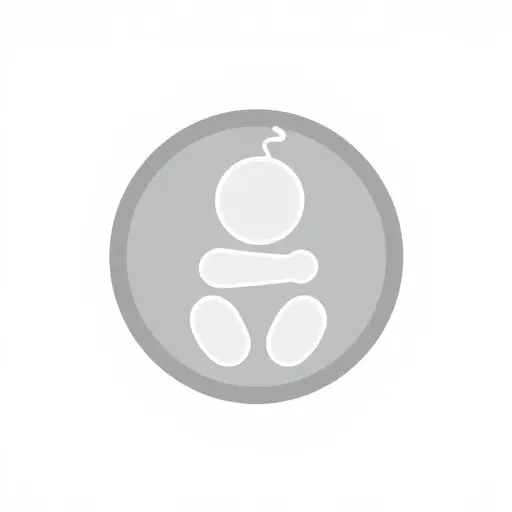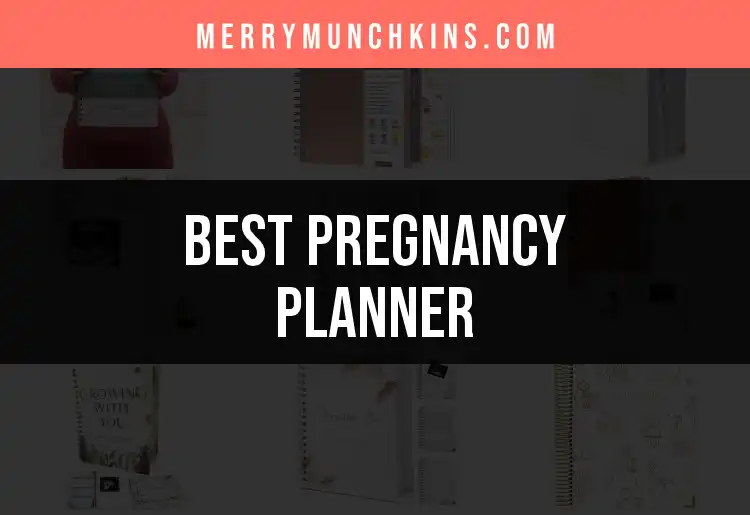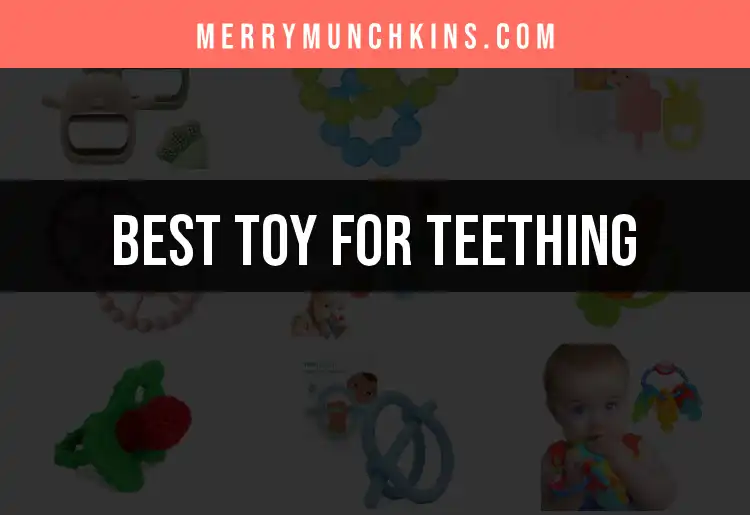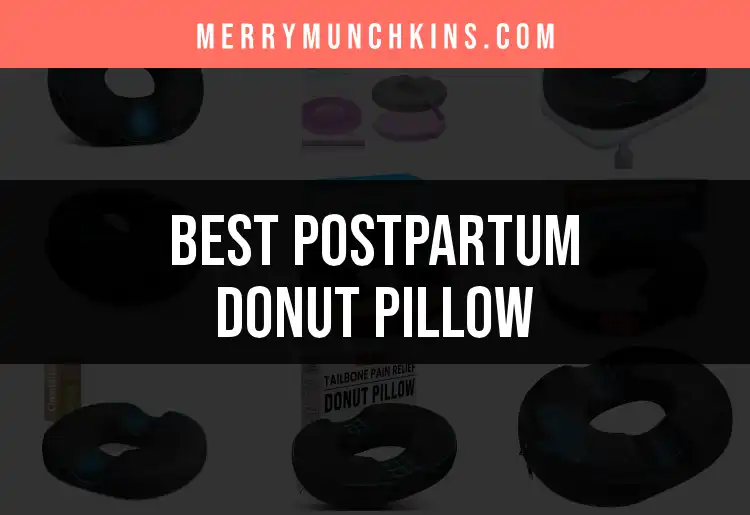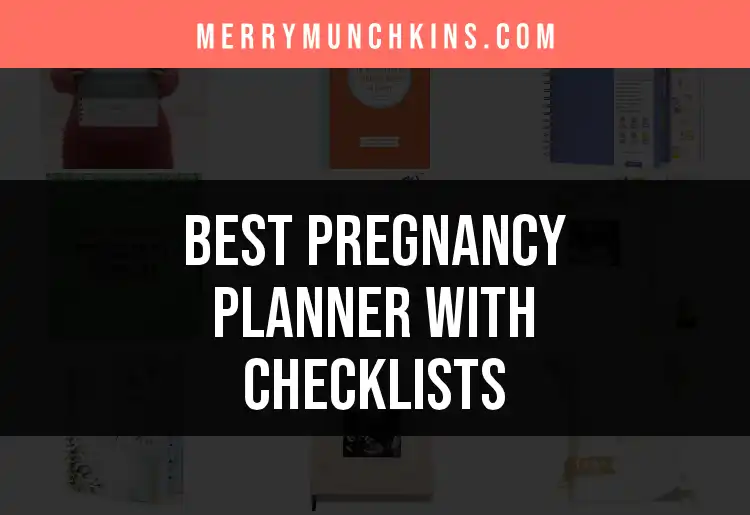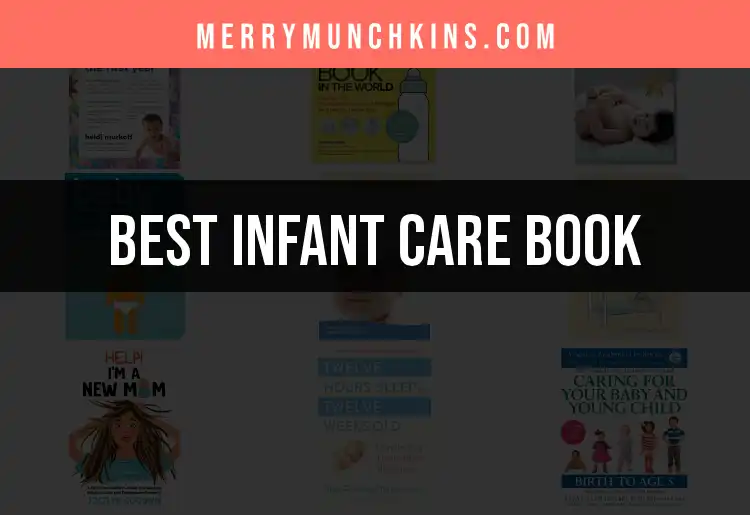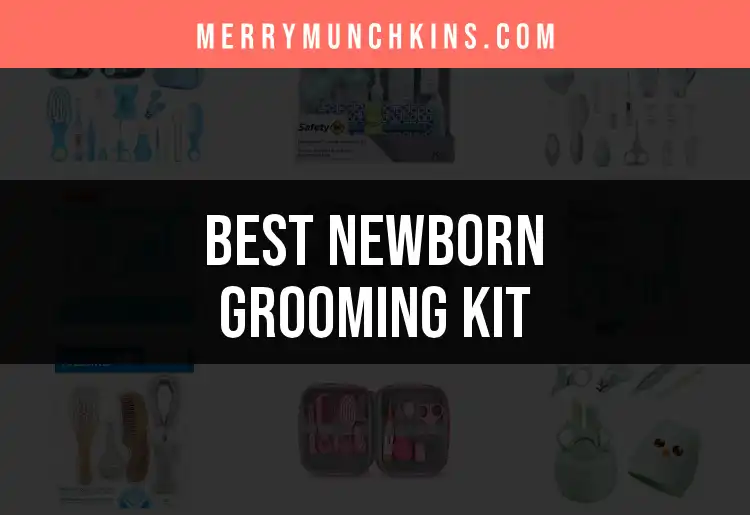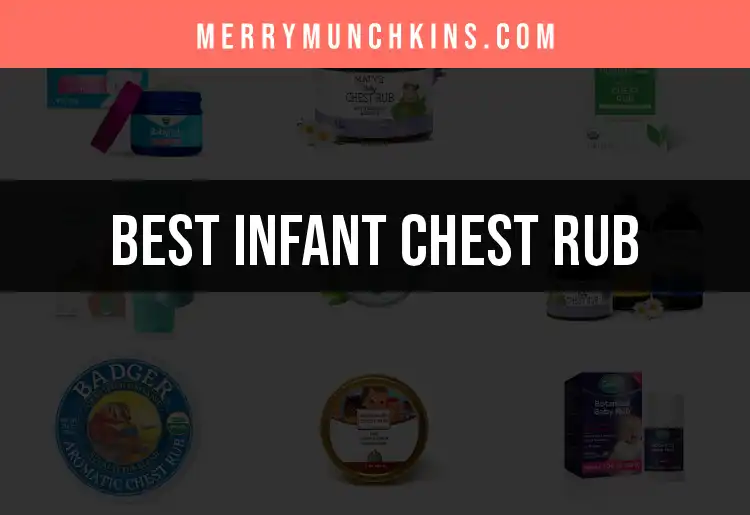Introduction to Baby Wellness
Wellness in early childhood is about far more than simply the absence of illness—it's about nurturing your baby’s strength, resilience, and happiness from their very first days. A truly holistic approach to wellness recognizes the interplay of physical health, emotional contentment, and the safety of the environment surrounding your little one. From day-to-day care routines to major milestone announcements, every action you take can contribute to building a healthy foundation.
This guide offers a deep dive into essential baby wellness topics, practical care advice, and curated product guidance to help you on your wellness journey.
Baby Skin and Hair Care
Understanding Newborn Skin Sensitivities
Your newborn’s skin is delicate, thinner, and more permeable than an adult’s, making it susceptible to dryness, irritation, and environmental extremes. Some common skin issues include:
- Diaper rash: Often caused by prolonged moisture and friction.
- Dryness and flakiness: Especially on the scalp and cheeks.
- Eczema: Some infants may develop patches of red, itchy skin.
It's important to recognize sensitivities early—look for persistent redness, rough patches, or excessive peeling. Gentle care and choosing the right products go a long way toward prevention.
Hair Care for Newborns
A baby’s scalp and hair require a gentle routine. Regular care ensures both comfort and health, as well as providing important bonding time.
Importance of Gentle Routines
Using harsh soaps, over-washing, or aggressive brushing can damage delicate follicles and scalp skin. Opt instead for mild, fragrance-free baby shampoos and limit hair washing to a few times per week.
Choosing and Using Baby Hair Oil
A safe, gentle hair oil can help keep your baby's scalp moisturized and encourage healthy hair growth. Oils specifically formulated for infants are free from fragrances, harsh chemicals, and allergens. If you want to know more about how to pick and use oils for your child’s delicate hair, visit our guide on selecting the most nourishing hair oils for newborns.
Some tips for applying oil:
- Use just a drop or two; a little goes a long way.
- Warm it slightly between your palms.
- Massage gently with fingertips, never nails.
Benefits of Massage
Not only does a gentle scalp massage with oil support hair health, it can also stimulate blood circulation and be deeply relaxing for your baby. This can even help loosen cradle cap, making it easier to remove with a soft brush.
Find detailed instructions and suggestions in our overview of the safest recommendations for baby hair oil.
Baby Skincare Products: What to Look For
When selecting skincare for newborns:
- Choose fragrance-free, hypoallergenic formulas.
- Look for products tested by dermatologists and pediatricians.
- Avoid parabens, phthalates, dyes, and sulfates.
Caring for your baby's skin thoughtfully now paves the way for healthier skin for years to come. For additional information, review our selections in infant-safe hair oils and skin routines.
Baby Grooming Essentials
Selecting the Best Newborn Brush
A proper baby brush is integral to both hair care and comfort. When searching for the ideal option, consider brushes with ultra-soft, gentle bristles that respect sensitive scalps. Discover top picks and practical advice in our resource on gentle newborn hairbrushes.
Types of Brushes
- Natural bristle: Very soft and anti-static, best for massaging delicate scalps.
- Silicone bristle: Great for gently clearing flakes and cradle cap.
Using a Baby Brush Correctly
- Start with dry or barely damp hair.
- Move in slow, circular motions for both comfort and stimulation.
- Never use a brush that’s too stiff—it can scratch or irritate the scalp.
For cleaning and longevity tips, see our recommendations for caring for your newborn’s special brush.
Nail Care and Safety Tips
Short, smooth nails prevent accidental scratching. Use baby-specific clippers or files, work slowly, and try to trim while your baby sleeps or is feeding. Always check for any sharp edges, and don’t be afraid to ask for help if you’re nervous.
Bathing Routines and Products
- Bathe your newborn two to three times a week.
- Always use lukewarm water and test temperature with your wrist.
- Choose a mild, tear-free cleanser.
Caring for your baby’s hair, scalp, and skin should be enjoyable and safe. Our guide on the top picks for newborn brushes provides more personalized options.
Celebrating and Sharing Baby Announcements
Creative Ways to Announce a Friend’s Pregnancy
Pregnancy announcements are special moments that can be cherished for years. Unique, thoughtful announcement ideas blend creativity with joy—think photo shoots, personalized gifts, or wellness-themed events. For tips to make the occasion memorable, check out our guide to thoughtful friend pregnancy announcement ideas.
Adding Wellness Touches
- Send wellness care packages (herbal teas, pregnancy-safe products).
- Organize a mini spa day with non-toxic pampering items.
Examples
- Announce with a hand-packed bundle that includes a calming water bottle, organic treats, and a congratulatory note—a subtle reminder of self-care during pregnancy.
Explore more inspiration and supportive messages in our comprehensive overview of meaningful ways to announce a friend’s pregnancy.
Supporting Friends During Pregnancy and Postpartum
Offer nonjudgmental listening, help with errands, or occasional meals. Emotional wellness matters—reiterate you’re available as a consistent support system.
Pregnancy Wellness and Preparation
Essentials for Prenatal Wellness
Good prenatal care is a blend of physical activity, nutrition, hydration, and mindfulness. Early prenatal appointments and routine check-ins are essential.
Staying Hydrated with the Right Water Bottle
Pregnancy increases hydration requirements. The best water bottles for expectant mothers are easy to sip from, lightweight, non-toxic, and keep water cool. If you’re curious about how to choose, visit our detailed page on the best water bottles to use when pregnant.
Key Features to Consider
- BPA-free, food-grade materials
- Leakproof designs
- Measurement markings for tracking intake
Practical Hydration Tips
- Aim to sip water steadily throughout the day.
- Set reminders if you tend to forget to drink.
- Carry your bottle everywhere—staying hydrated helps prevent cramps, fatigue, and swelling.
See more hydration advice and bottle suggestions in our curated guide to pregnancy-safe water bottles.
Nutrition and Supplements
A diet rich in vegetables, fruits, plant-based proteins, and whole grains supports both you and your developing baby. Folic acid, iron, and DHA are among the most crucial supplements—confirm details with your physician.
Managing Stress and Emotional Well-Being
Prenatal yoga, calming playlists, and regular rest breaks can help reduce anxiety. Journaling your experiences or connecting with other expectant parents boosts emotional health and prevents feelings of isolation.
Newborn Comfort and Safety
Temperature Regulation and Comfort Aids
Your baby’s comfort often depends on maintaining an appropriate, stable environment. Overheating or chilling can both be harmful, so it's important to use safe and approved products when extra warmth is needed.
Use of Heating Pads for Newborns and Puppies
If a little extra heat is needed—for instance, for preemies or puppies separated from the litter—a purpose-designed heating pad is often safest. Review our research on the best newborn puppy heating pads for trustworthy suggestions.
Guidelines for Safe Use
- Only use heating pads designed for infants or small animals.
- Place heating pads under, never directly on, your baby.
- Always monitor the temperature and never leave the baby unattended.
Other strategies include layering lightweight blankets and using sleep sacks for warmth. Learn more in our expert article on choosing a heating pad for newborn puppies.
Safe Sleep Practices and Environments
- Always place babies on their backs to sleep.
- Use a firm mattress and avoid pillows, bumpers, or loose blankets.
- Maintain a temperate, well-ventilated room.
These steps are vital to preventing overheating and sudden infant death syndrome (SIDS).
Monitoring and Maintaining Optimal Room Conditions
A digital thermometer and hygrometer help you keep tabs on nursery temperature and humidity. Ideally, temperatures should stay between 68°F and 72°F. Consider air purifiers for families with allergies or pets for an extra layer of safety.
Baby Teething and Oral Wellness
Navigating Teething Symptoms
Drooling, fussiness, and gum sensitivity are telltale teething clues. Providing safe comfort methods is crucial—chilled rubber toys, clean hands for gentle gum massages, and distraction can help soothe discomfort.
Non-Toxic Teething Toys
Safety is essential for items your child chews and mouths. Our guide to non-toxic teething toys for infants explains what materials are safest and which designs are most soothing.
What to Look for in Teething Toys
- Material: Prioritize food-grade silicone, untreated wood, or natural rubber.
- Construction: No detachable parts or choking hazards.
- Certifications: Confirm toys are BPA-, phthalate-, and PVC-free.
Cleaning and Maintenance Tips
- Wash silicone and rubber toys with warm soapy water regularly.
- Disinfect wooden toys with a damp cloth; avoid soaking.
Our deep dive into choosing non-toxic teething toys gives practical examples and vetted recommendations.
Using Teething Toys Effectively
Rotate toys to keep interest fresh, refrigerate (never freeze!) for extra relief, and always inspect for wear and tear before use.
Creating a Safe and Healthy Environment at Home
Air Quality and Ventilation
Good ventilation prevents buildup of dust and allergens, while air purifiers with HEPA filters can capture pollen, pet dander, and mold spores. Clean or replace filters regularly.
Choosing Non-Toxic and Eco-Friendly Products
From paints to furniture, opt for products marked as low-VOC or VOC-free. Select baby clothing and bedding made of organic cotton, and prioritize non-plastic items when possible for your child’s immediate environment.
Organizing Baby Spaces for Safety
Keep frequently used items within easy reach but securely stored. Anchor large furniture to the wall. Cover electrical outlets, use drawer stops, and place sharp or breakable items out of reach to prevent accidents.
Maintaining Hygiene and Reducing Allergens
Vacuum and dust weekly, wash soft toys, and regularly sanitize high-touch surfaces like changing tables and baby mats. Consider using hypoallergenic laundry detergents and avoid strong fragrances.
Monitoring and Promoting Baby Wellness Development
Milestones and Developmental Check-Ins
Tracking your baby’s physical and emotional milestones ensures timely intervention if needed. These can include first smiles, rolling, babbling, and first steps. Keep notes or use a developmental milestone app for easy reference.
Recognizing Signs of Wellness or Concern
Pay attention to your baby's appetite, sleep patterns, mood, and responsiveness. Any sudden changes—such as persistent irritability, lethargy, or feeding difficulties—should prompt a consultation with your pediatrician.
When to Consult Pediatricians
Trust your instincts as a parent. If something feels off, seek advice. Regular check-ups provide not only screenings, but an opportunity to discuss all wellness aspects.
Keeping a Wellness Journal
Documenting symptoms, moods, feedings, and memorable milestones helps you notice patterns and provides invaluable information during medical appointments.
Supporting Parental Wellness
Self-Care for New Parents
Taking care of yourself is not selfish—it’s essential. Lean on your support system, embrace simple rituals like showers and short walks, and ask for help when needed.
Balancing Baby Care With Personal Health
Eating nutritious meals, staying hydrated, and getting brief moments of rest contribute to both mental and physical stamina. Even a few deep breaths can reset your outlook.
Building a Support System
Stay connected to friends, family, or local and online support groups. Sharing both joys and struggles lightens the load, and other parents’ advice can be invaluable.
Resources and Community Groups
Local parent meetups, virtual forums, and community classes are powerful ways to nurture both your wellness and your baby’s growth. Remember, seeking guidance and camaraderie is a strength, not a weakness.

